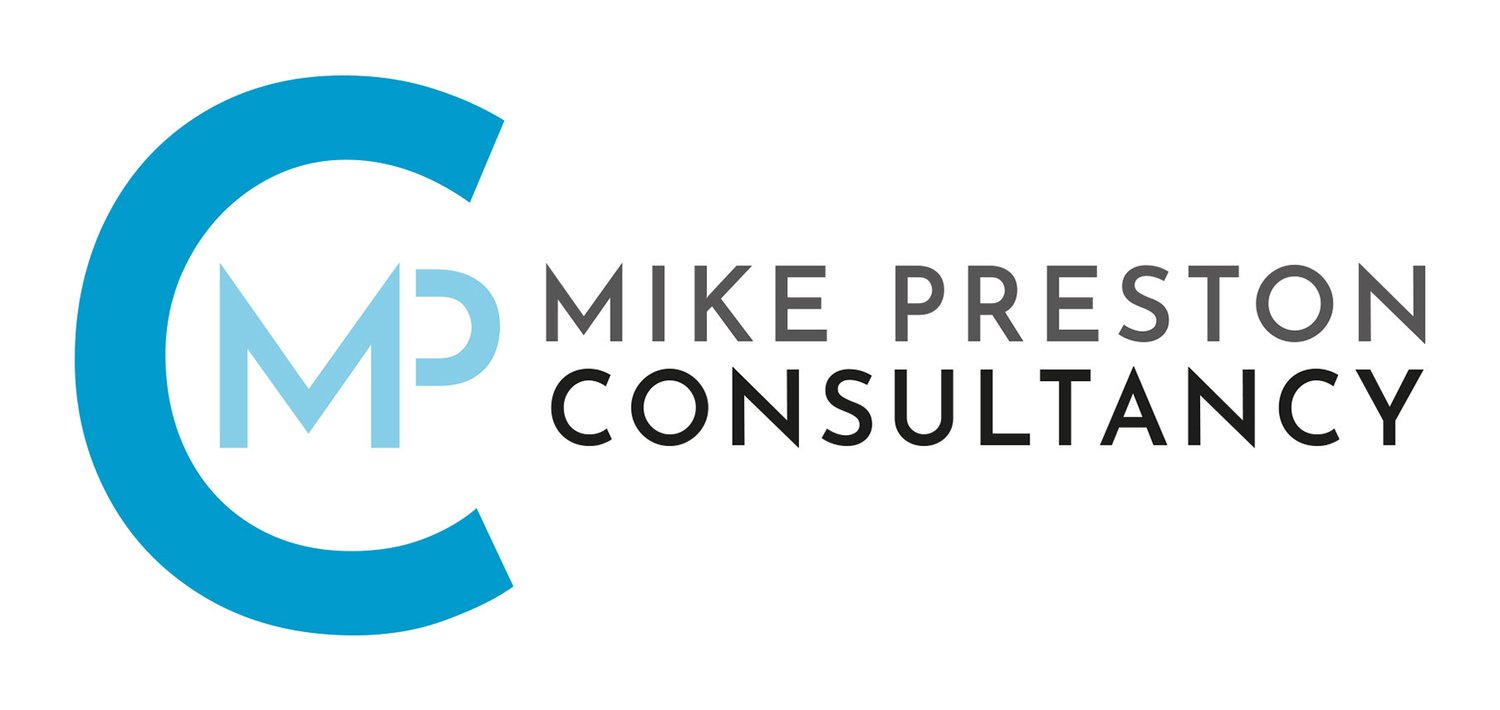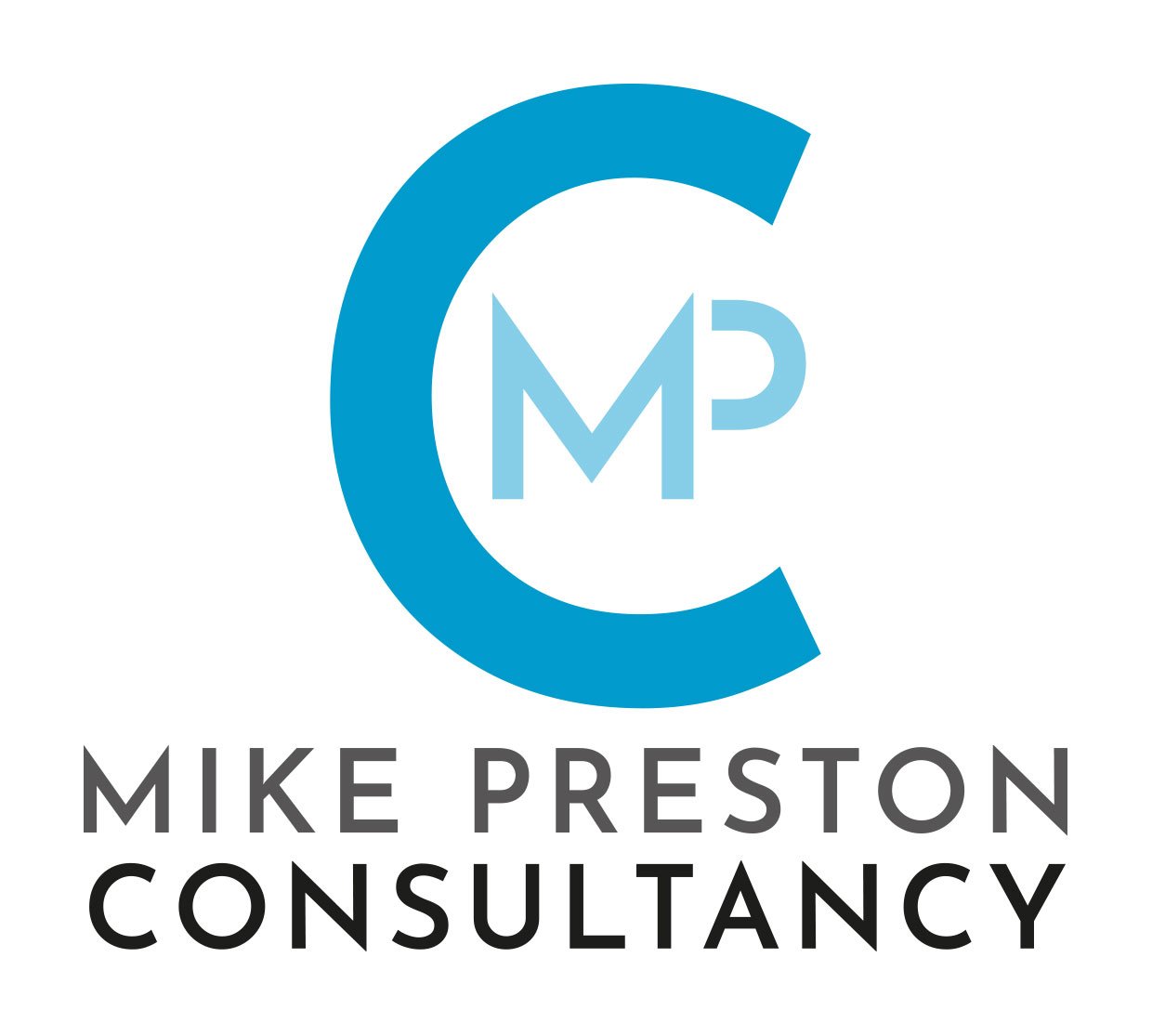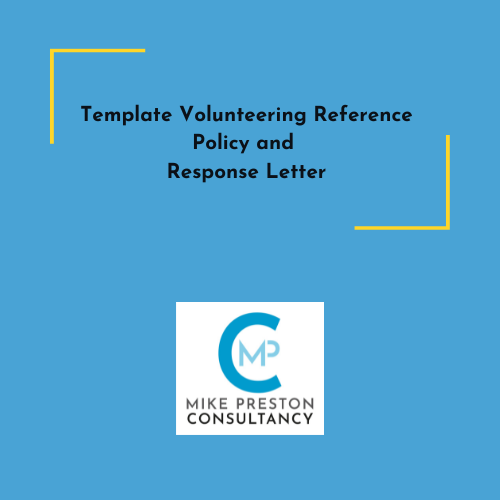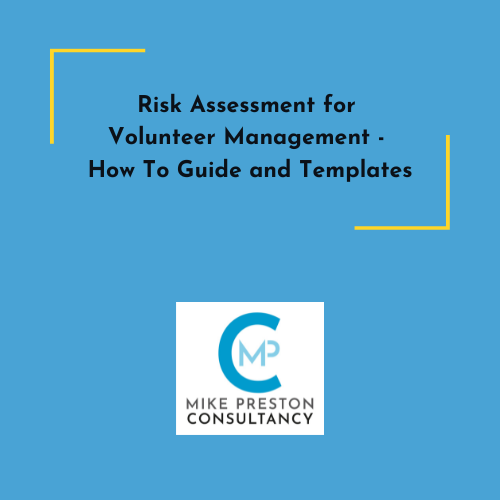 Image 1 of 1
Image 1 of 1


Charity Strategy Template: Guiding Your Impact
The template outlines 12 essential sections for a charity strategy, summarising their purpose and required actions/activities:
Executive Summary: A concise overview of the entire strategy, highlighting main direction, key priorities, and anticipated impact.
Mission, Vision, and Values: Defines the core identity and guiding principles of the charity.
Situational Analysis (SWOT): An assessment of internal strengths and weaknesses, and external opportunities and threats.
Strategic Priorities/Pillars: High-level thematic areas or strategic directions the charity will focus on to achieve its mission and vision.
Goals and Objectives (SMART): Translates strategic priorities into specific, measurable, achievable, relevant, and time-bound targets.
Key Performance Indicators (KPIs): Specific metrics used to track progress towards objectives and overall strategic success.
Action Plan/Implementation Roadmap: Details specific activities, responsibilities, and timelines required to achieve each objective.
Resource Allocation & Budget: Outlines the financial and human resources required to implement the strategy, including funding sources.
Risk Management: Identifies potential risks that could hinder strategy implementation and outlines mitigation strategies.
Monitoring & Evaluation: Establishes a framework for regularly tracking progress, assessing impact, and making necessary adjustments.
Communication Plan: Details how the strategy will be communicated to internal and external stakeholders.
Appendices: Contains supporting documents, research data, and other relevant information.
The template outlines 12 essential sections for a charity strategy, summarising their purpose and required actions/activities:
Executive Summary: A concise overview of the entire strategy, highlighting main direction, key priorities, and anticipated impact.
Mission, Vision, and Values: Defines the core identity and guiding principles of the charity.
Situational Analysis (SWOT): An assessment of internal strengths and weaknesses, and external opportunities and threats.
Strategic Priorities/Pillars: High-level thematic areas or strategic directions the charity will focus on to achieve its mission and vision.
Goals and Objectives (SMART): Translates strategic priorities into specific, measurable, achievable, relevant, and time-bound targets.
Key Performance Indicators (KPIs): Specific metrics used to track progress towards objectives and overall strategic success.
Action Plan/Implementation Roadmap: Details specific activities, responsibilities, and timelines required to achieve each objective.
Resource Allocation & Budget: Outlines the financial and human resources required to implement the strategy, including funding sources.
Risk Management: Identifies potential risks that could hinder strategy implementation and outlines mitigation strategies.
Monitoring & Evaluation: Establishes a framework for regularly tracking progress, assessing impact, and making necessary adjustments.
Communication Plan: Details how the strategy will be communicated to internal and external stakeholders.
Appendices: Contains supporting documents, research data, and other relevant information.










